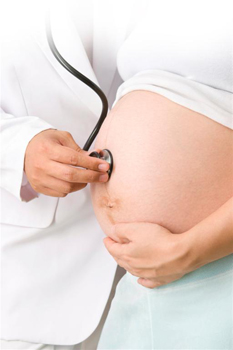| High Risk Pregnancy Delivery |
Every pregnancy carries its risks, but with good prenatal care and support those risks can be minimized. There are some factors, however, such as age and overall health which increase a woman’s chances of complications during pregnancy.
Take a deep breath. Even though “high risk” sounds ominous, there’s no reason to panic. The term high-risk pregnancy does not in any way mean that you’re destined to have problems with your pregnancy. In fact, the majority of women who have so-called high-risk pregnancies go on to have problem-free pregnancies and give birth to healthy babies. Having a high-risk pregnancy simply means that due to a preexisting health condition — or due to a condition you develop during pregnancy — you may have a greater chance of pregnancy complications. Because of this, you’ll need extra monitoring and perhaps extra treatment to make sure everything goes smoothly with your health and your baby’s health while you’re expecting. So rest easy because extra precautions will be taken to ensure your healthy pregnancy.
Your practitioner can tell you why you qualify for the high-risk designation, but it’s likely due to one of these preexisting factors or the pregnancy factors listed below. designation, but it’s likely due to one of these preexisting factors or the pregnancy factors listed below.
Preexisting factors for a high-risk pregnancy include:
- Heart disease
- High blood pressure
- Kidney problems
- STDs including HIV
- Diabetes
- Cancer
- Autoimmune diseases (such as lupus)
- Blood disorders
- Being overweight or underweight
- Problematic past pregnancies
- Having had fertility problems
- Being under 18 or over 35
|